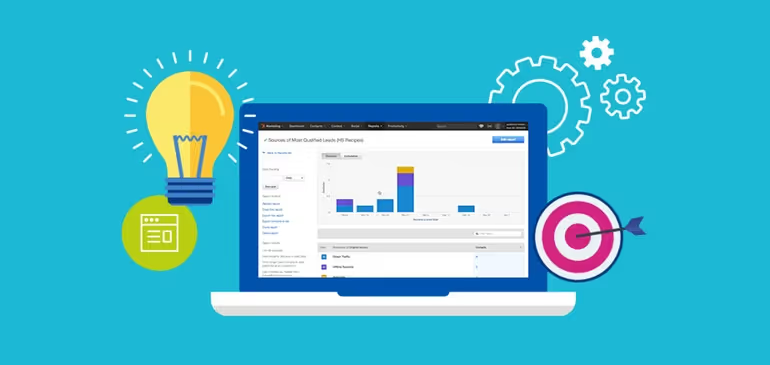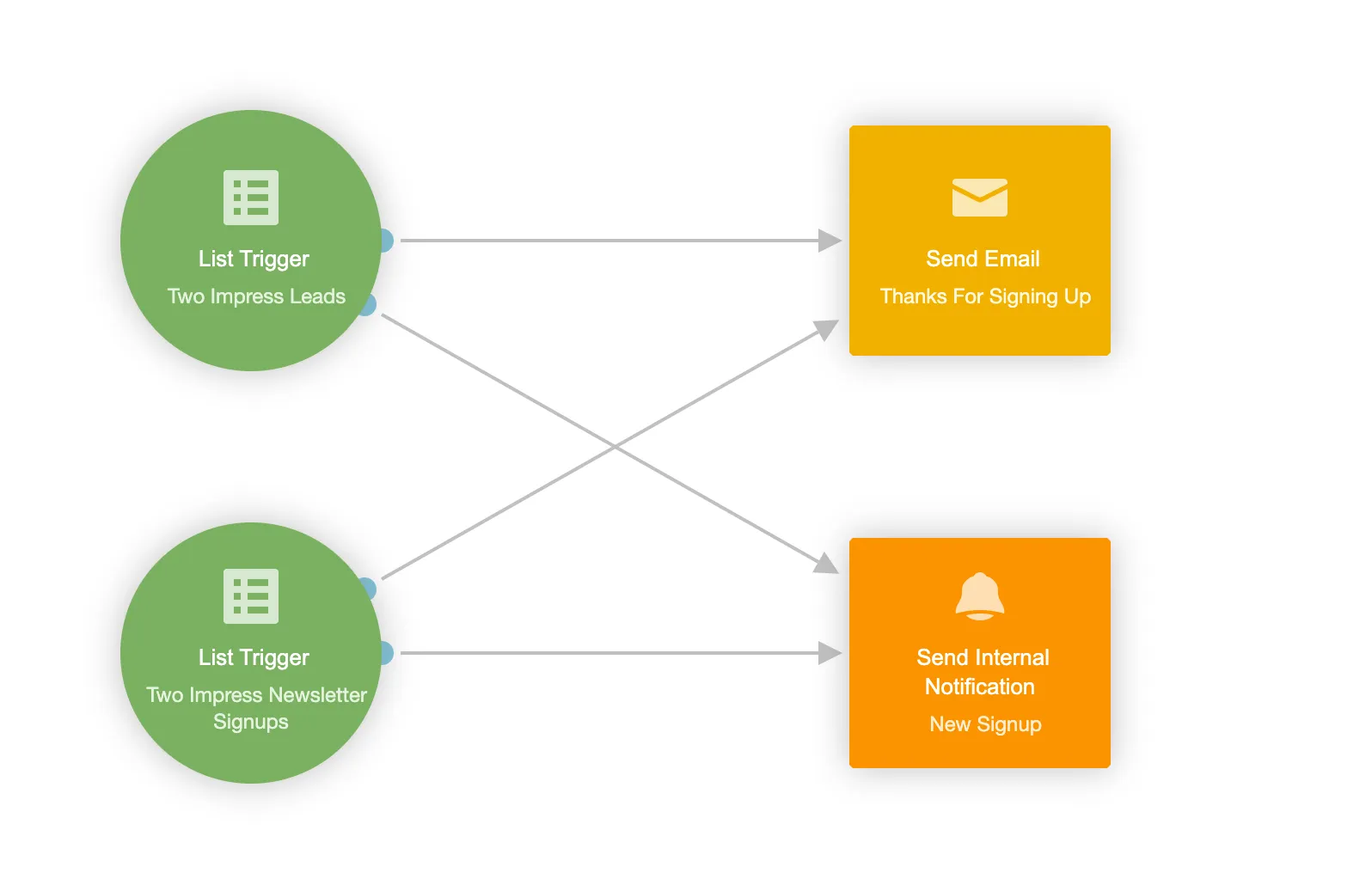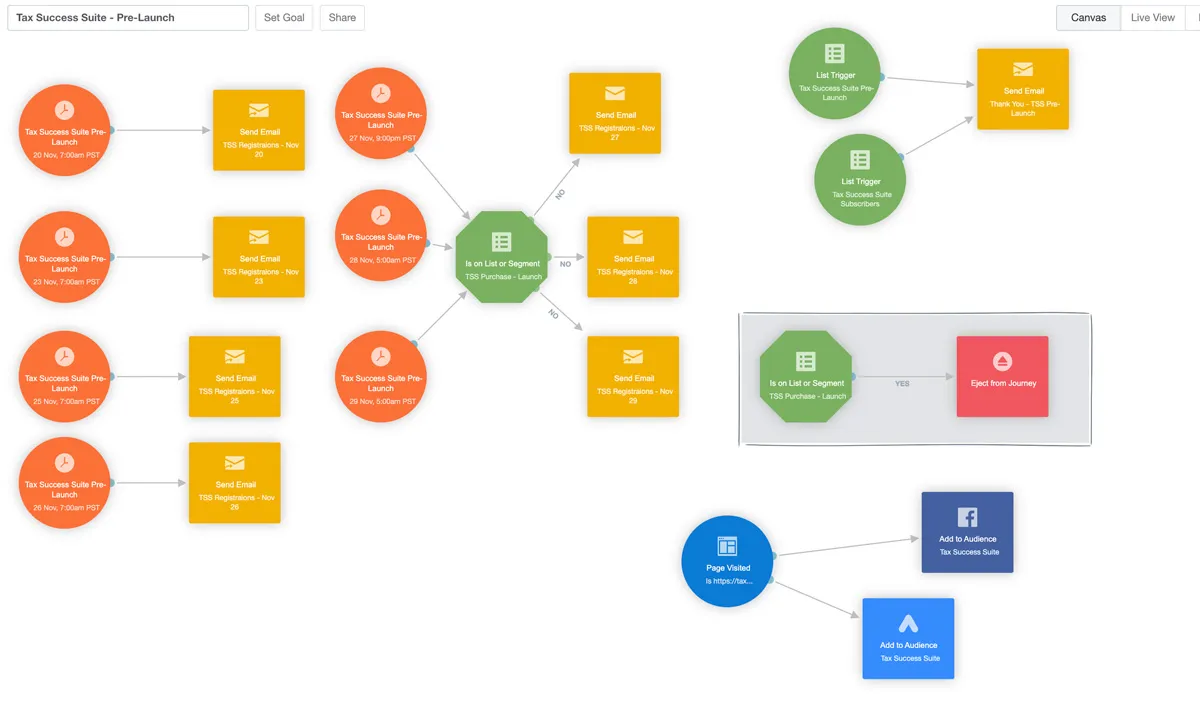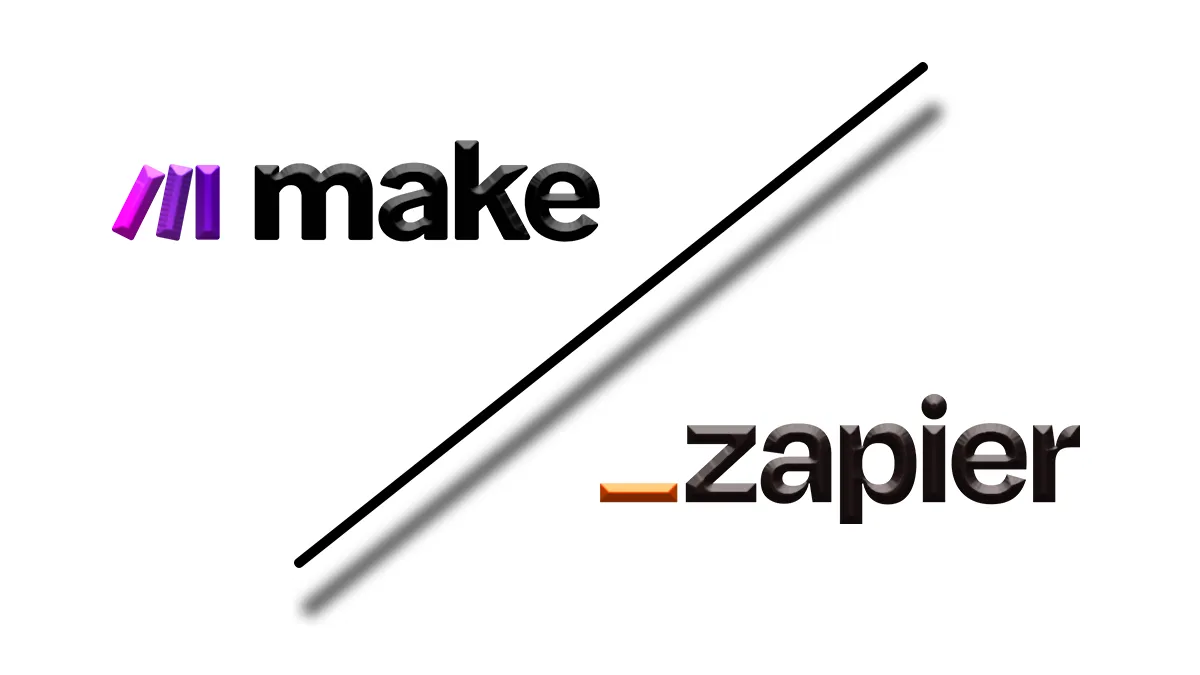
Dictionary.com has a pretty accurate definition; "automation is the technique, method, or system of operating or controlling a process by highly automatic means, as by electronic devices, reducing human intervention to a minimum." Let's dissect this just a little…
Why would businesses want something automatic?
A simple answer is that a business should always want to improve processes. Automatic process remove continuous manual input. Here's a complex question; why wouldn't your company want something automated?
I don't want a machine controlling my business!
Being automated doesn't mean machines now control your business. We aren't talking about Cyberdine. You're looking to implement a series of commands that a computer can do repetitively and quickly. EX. We could send out a thank you email to everyone that subscribes to our newsletter or we could create an automated thank you email that generates each time a new subscriber is signed up. More on this below.
There are too many variables in my business for automation.
Now, this is a great statement! Automation is not black and white. Just like most things, you won't be able to create your automated process and forget about it. Upon implementing, there is a high level of maintenance, modification, and version control. However, this routine updating & maintaining does not offset the saved time that would have been previously wasted while manually completing a newly automated process.
The last few points have a lot of validity, but I think they oversimplify a complex set of structures. Many believe that in order to automate, they must create a full-scale system that gives most business control to a machine. While automation requires the relinquishing of some authority, again, it is not so black and white. To truly automate, one must examine a set of current systematic processes and determine what requires human interaction and what doesn't. From this point, one can begin crafting a new method that includes more efficient ways to complete the same process faster.
A user finds and visits your website on a day that the business is closed. This user is interested in receiving more information. They fill out your contact form conveniently located on the contact us page. Because you're closed and your contact form is not automated, they don't hear back from you until the next business day. *Depending on when this is, the user could be left without any response for 72 hours!*
With automation, upon completion of the contact form, the user could have received a personalized response including the information they requested. Then a message could have been sent to the sales team for follow up. Lastly, the user's information could have been added to a CRM and flagged for Follow-up and future interest for sales.

This straightforward process could potentially result in higher interest from the user with increased ROI and better customer service. Can you still control, modify, or remove the automation from the process? Yes. Just be sure to weigh the pros and cons. Without automation, in this same scenario, the business would need to employ someone outside of business hours. For us, it's an easy decision.
As mentioned before, automation requires the release of some control. As humans, we fear automated process because we do not trust it. The understanding that is missing is, a process is created by human control with or without automation. It needs to be seen as assistance not hindrance. "Automation isn't just about robots on assembly lines or smart computers replacing teachers and doctors – it is a crucial part of any organization's digital transformation." Remember, we are not removing humans altogether, we are merely removing the chance for error by taking out thehuman variable within the steps of a process that they currently, unnecessarily occupy.
Let me show you what I mean. Here's an example of a complex series of emails that triggers when a user signs up to receive more information. Now, before you go crazy, please understand that a human-created each one of these emails, texts, digital ads, and other various communications. A Human also setup each path and conditional step. The computer only acts upon these instructions once the journey initiates.

So what's the point? The point is to increase productivity, overall customer experience / service, and maximize profitability from all areas of the business. Automation allows you to take the focus off a mindless manual task, and start thinking about larger-scale implementations for growth. If you're curious about what technologies we use to automate, check back soon as we are preparing a review of which services we like best and why.

